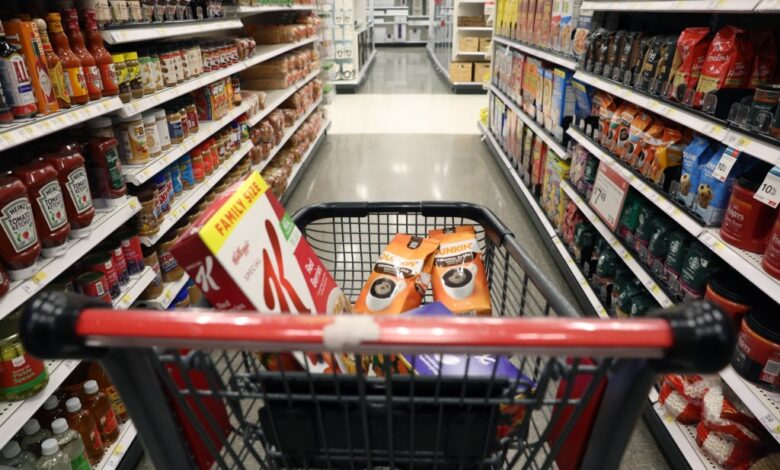do’s and don’ts – JS

Grocery Budgeting Tips for 2025
Grocery bills are on the rise, with food costs expected to increase by 3.2% in 2025, according to the U.S. Department of Agriculture. This spike in prices has left many consumers feeling the pinch, especially with concerns about tariffs and economic instability.
The latest Consumer Confidence Index report from the Conference Board reflects these worries, showing a significant drop in consumer confidence. Many are bracing for a potential recession in the next year, making it more important than ever to be mindful of grocery spending.
While you can’t control the state of the economy, there are steps you can take to manage your grocery budget effectively. By making smart choices and being strategic with your shopping, you can navigate price fluctuations while still enjoying delicious and nutritious meals.
Key Tips for Grocery Budgeting
1. Be Mindful of Bulk Purchases: While buying in bulk can seem cost-effective, it can lead to food waste if you don’t use everything you buy. Take inventory of what you already have and make a list before heading to the store to avoid overbuying.
2. Explore Farmers Markets: Local farmers markets and farm stands can offer fresh, seasonal produce at competitive prices. Buying locally can not only save you money but also support your community and provide access to high-quality ingredients.
3. Shop Smart and Compare Prices: Store-hop to find the best deals, and consider shopping at discount grocers for savings on generic brands and essentials. Planning your route strategically can help you take advantage of discounts and promotions.
4. Embrace Frozen Foods: Don’t overlook frozen fruits, vegetables, and meats as budget-friendly alternatives to fresh produce. Frozen options can be just as nutritious and cost-effective, helping you save money without sacrificing quality.
Additional Grocery Budgeting Strategies
Take Inventory and Plan Meals: Avoid unnecessary purchases by knowing what you already have in your kitchen and planning your meals accordingly.
Stick to Your List: Shopping with a list can prevent impulse buys and keep you on track with your budget. Consider using a grocery list app for added convenience.
Set Aside Budget for Treats: Allocate a portion of your grocery budget for indulgences or special treats, following the 80/20 rule for a balanced approach to spending.
Make the Most of Leftovers: Save money and time by repurposing leftovers or freezing extra portions for future meals. This can help you avoid the temptation of eating out on busy days.
For more financial tips and resources, visit NerdWallet. Contact author Amanda Barroso at abarroso@nerdwallet.com.
This article was originally published on NerdWallet. Read the full article here.
Original Publication Date: May 8, 2025 at 1:31 PM MDT





